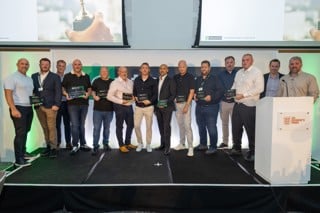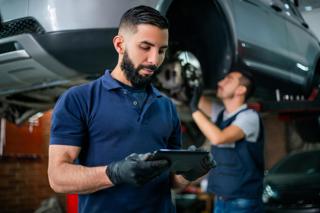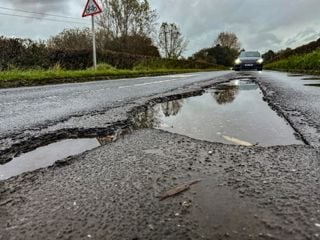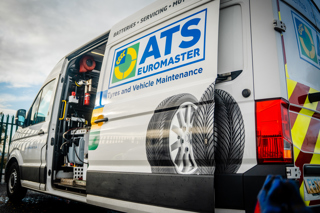With the average repair bill rising by nearly 32% in the last three years to £1,678, concerns are mounting around core repair challenges encompassing ADAS (Advanced Driver Assistance Systems), new materials and a lack of skills.
Thatcham Research is calling for vehicle manufacturers to urgently engage with the repair industry to halt spiralling costs.
Peter Shaw, Thatcham Research CEO, will address automotive industry leaders at the Thatcham Research Repair Focus event today (June 6), highlighting the issue of escalating repair costs as ADAS technologies become more prevalent in the UK car parc.
Shaw said: “The average repair bill has risen by 32% over the last three years. This has been driven by the reparability of parts such as headlamps, increasing complexity of vehicle materials and technology and the rising cost of spare parts, influenced to some extent by currency fluctuations. Vehicle manufacturers must bring these costs under control.
“The cost for windscreen mounted ADAS calibration spans from £0 to £700 – across car manufacturers and often across similar sensors and technology. This is unacceptable. Unless urgently addressed, these costs will challenge the current model of a no-claims bonus being unaffected by a windscreen repair or replacement.”
The average cost to replace a windscreen increases significantly with the fitment of ADAS technologies such as Autonomous Emergency Braking. For example, a windscreen replacement for a Ford Focus with ADAS can increase by 123%, when estimated calibration costs are factored in. Costs for a VW Golf can increase by 78%.
Thatcham Research estimates that there are over two million cars on the roads today with standard-fit AEB systems (equating to 5% of the UK car parc), and with the systems set to be more prevalent over coming years, this issue will only continue to grow.
The increase in different material specification in new cars was another Repair Focus hot topic.
Thomas Hudd, operations manager at the Thatcham Research Repair Technology Centre, said: “The rising use of a mix of new materials in modern cars is leading to more intrusive repairs. This means that where we were once able to partially replace a panel, we now need to replace it in its entirety. This is especially true of aluminium panels, which are challenging the repair industry as it is stiffer and harder to reshape than steel.”
The Top 5 Repair Challenges
1. ADAS systems: maintenance, repair, costs, time and resource required for calibration.
2. Complexity: new skills for Vehicle Damage Assessors and engineer assessors, as multiple material types, as well as ADAS and hybrid powertrains, become a regular feature of volume production vehicle construction.
3. Paint and panels: new technologies such as textured paint, or crystal finishes, and refinish on multiple materials. Panel repair is increasing in cost and complexity too – as a result of pricing anomalies, missing repair data, intrusive repair methods and lack of correct stock.
4. Headlamps: LED and LED Matrix, Laser and soon OLED lighting continue to gain prominence, but often cost considerably more than a bulb headlamp and some may be impossible to repair rather than replace.
5. Electrified PowerTrains: diagnosis of electrified powertrains and electrical architecture. The diverse range of technologies and tools required are not acceptable investments to expect of a bodyshop.
Bodyshop of the Future
All of this complexity creates a further challenge for UK bodyshops today – attracting high calibre individuals, with the right skillsets, who see the repair industry as a career destination.
“There is still much to be done to ensure that the right people choose a career in this industry,” said Dean Lander, head of repair sector services at Thatcham Research.
“Repairers need a new set of skills to meet the demands of the Bodyshop of the Future. Technical expertise in diagnostics and calibration has become as vital as expertise in repairing and refinishing the physical hardware of a car.
“We must portray a fresh image to recruit the right people and help them to develop these new skills for bodyshops, as well as developing leadership skills to aid long term retention. This is a key focus of Thatcham’s new Leadership and management foundation programme, delivered in partnership with BSG, which is launching today at Repair Focus.”





















Login to comment
Comments
No comments have been made yet.